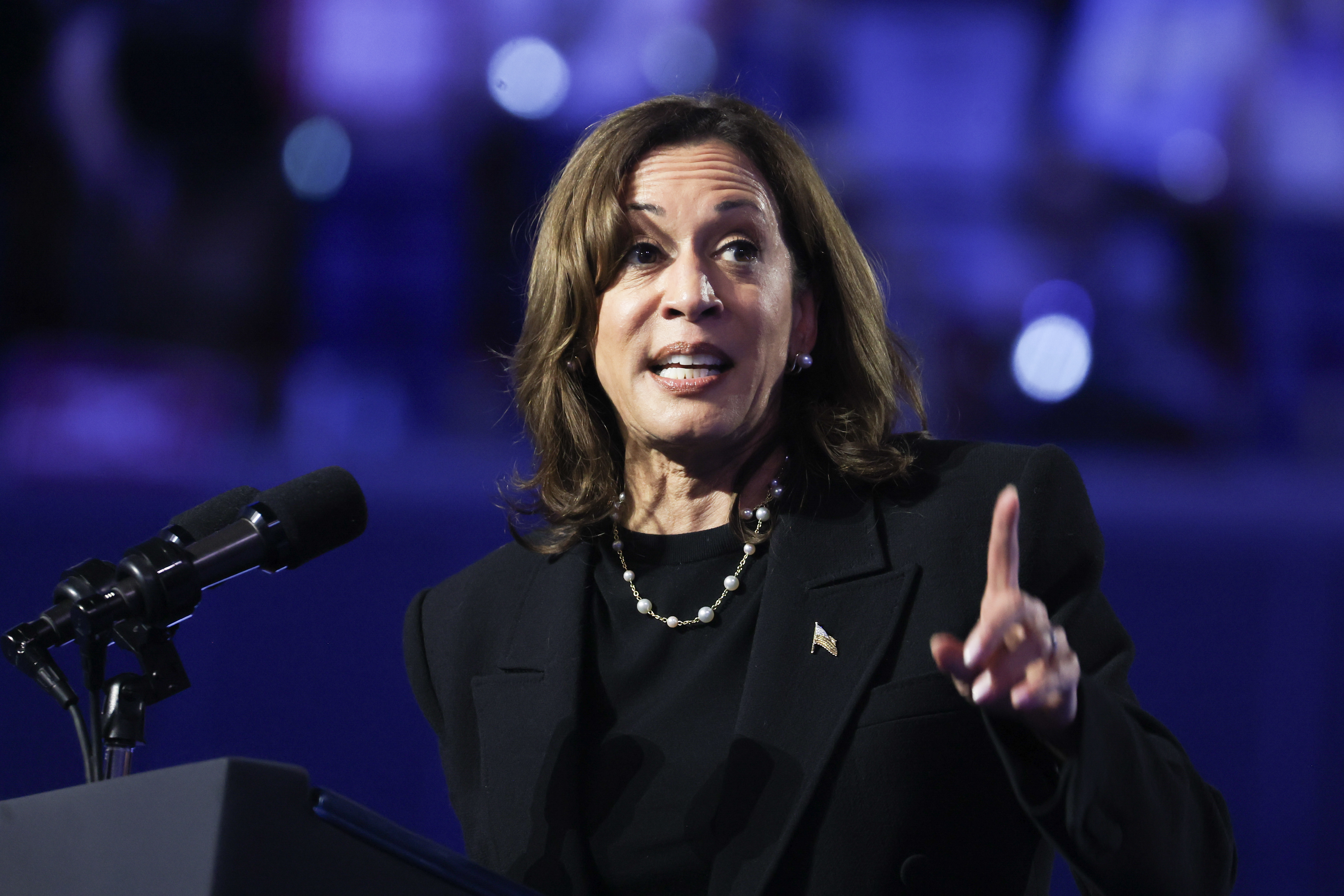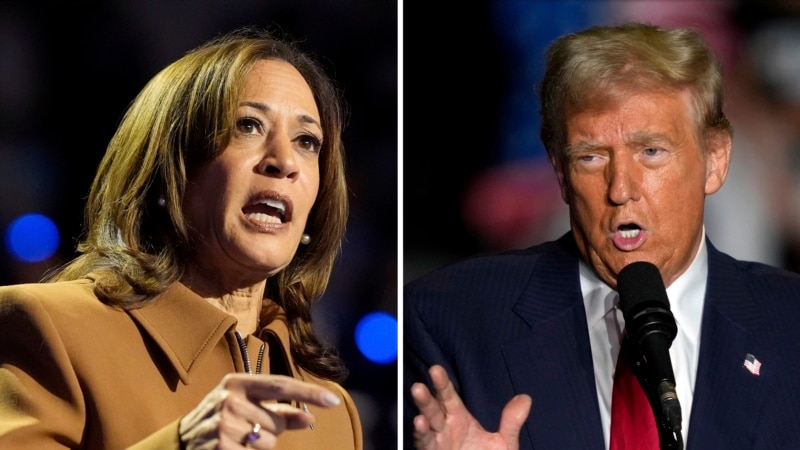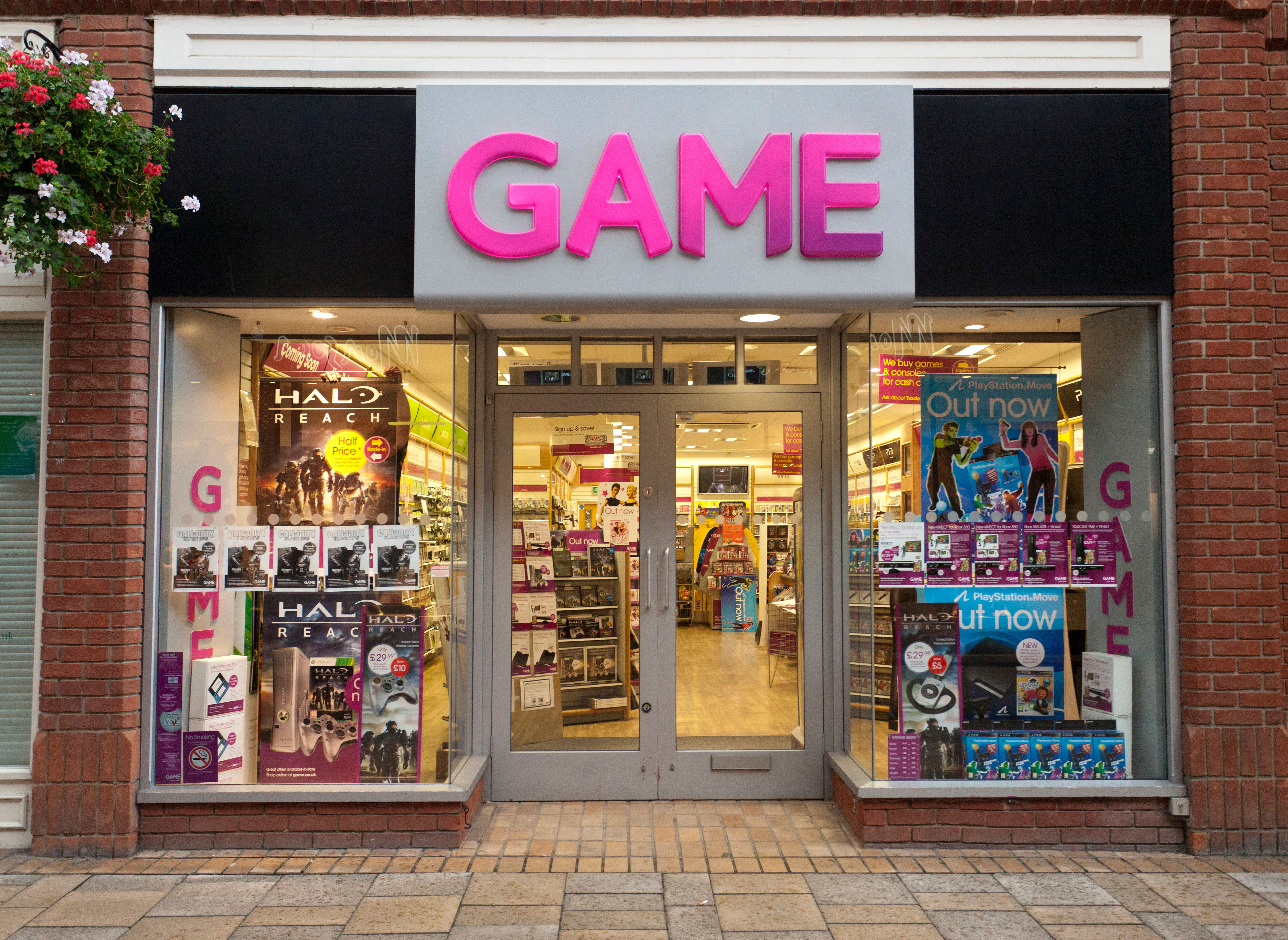Budget 2024 winners and losers revealed – will you be better off?
Date: 2024-10-31CARERS and workers were among the winners in the Budget today – while smokers and drinkers were some of the worst hit.
In her first Budget since becoming Chancellor, Rachel Reeves set out the government’s financial plan for the year including payments, tax changes and policy updates.


She also confirmed how much benefits and the state pension will rise this year.
Among the announcements was an unfreeze of income tax thresholds and increase in the number of carers who can claim a vital benefit.
Here we round up who the winners and losers are from the Budget.
Winners
Workers
The Chancellor announced today that she will not extend the freeze on income tax thresholds.
She also confirmed a hike to the amount of national insurance that employers will pay, which could have a knock on effect to workers.
Income tax thresholds usually rise each year in line with inflation but they were frozen by the previous Conservative government until 2028.
The freeze meant that as worker’s wages rose in line with inflation they were dragged into higher tax bands.
This phenomenon is called fiscal drag.
Freezing tax thresholds increases people’s taxable income without putting up tax rates.
It gives the government additional revenue.
The amount of income you do not have to pay tax on will remain at £12,570 until 2028.
Meanwhile, the basic rate of income tax will stay at 20% on between £12,571 to £50,270.
The higher rate will continue at 40% between £50,271 to £125,150 and the additional rate will remain at 45% on over £125,140.
From April 2028 these personal tax thresholds will be increased in line with inflation.
What is the Budget?
THE Budget is when the government outlines its plans for tax hikes, cuts and things like changes to the minimum wage.
It’s different to the Spending Review, which sets out how much public cash will go towards funding certain departments, devolved government’s and services, such as the NHS.
The Budget is read out in the House of Commons by the Chancellor of the Exchequer. It will be Rishi Sunak’s second Budget as Chancellor.
Mr Sunak’s first one in March last year has been dubbed the “coronavirus Budget” after it focused on supporting Brits financially through the crisis, rather than the government’s “levelling up” agenda as promised in the 2019 general election.
Normally, the Budget is held once a year but the unprecedented circumstances of the pandemic in 2020 saw Mr Sunak give a “mini-budget” in the Commons on July 8.
Rachel Reeves said: “I am keeping every single promise on tax that I made in our manifesto.
“So there will be no extension of the freeze in income tax and National Insurance thresholds beyond the decisions of the previous government.”
More than 3 million workers will also receive a pay boost after the Chancellor confirmed that the National Living wage will increase from £11.44 to £12.21 from next April.
The 6.7% increase is worth £1,400 a year for an eligible full-time worker.

The National Minimum Wage for 12 to 20-year-olds will also rise from £8.60 to £10 an hour – the largest increase in the rate on record.
For a full-time young worker the boost will increase their pay by £2,500 next year.
The government said this marks the first step towards aligning the National Minimum Wage and National Living Wage to create a single adult wage.
Chancellor of the Exchequer Rachel Reeves said: “This Government promised a genuine living wage for working people. This pay boost for millions of workers is a significant step towards delivering on that promise.â€
The Chancellor also confirmed speculation that she will increase national insurance on employers’ pension contributions.
Employers currently pay national insurance for most workers earning more than £9,100 a year but this will fall to £5,000 from next April.

The amount they pay is equivalent to 13.8% of the employees earnings above this threshold but it will be increased to 15%.
Although this will not affect employees directly, businesses and bosses have said that it could mean that they reduce or stop hiring staff, or that pay rises are pared back.
Top economists warned the National Insurance hike on bosses would ultimately be felt by their staff in reduced wage rises.
The Institute for Fiscal Studies said: “Somebody will pay for the higher taxes – largely working people.”
It is not expected to affect self-employed workers.
Drivers
Fuel duty will be frozen next year at a cost to the Treasury of more than £3 billion.
In her Budget speech to the Commons, Ms Reeves said this is a “substantial commitment†but insisted raising taxes on fuel would be “the wrong choice for working peopleâ€.
This means the 5p-per-litre cut in fuel duty introduced by the Conservative government in March 2022 will continue.
The announcement will save the average car driver £59 in 2025-26.
Benefits claimants
An extra 60,000 carers will also benefit from the Budget after the Chancellor made a key change to Carer’s Allowance this week.
What is National Insurance?
NATIONAL Insurance is a tax on your earnings, or profits if you're self-employed.
These contributions make you eligible for things like the state pension and certain benefits.
You’ll usually pay National Insurance Contributions (NICs) when you’re over the age of 16 and earning a certain amount.
For example, if you earn £1,000 a week, you pay nothing on the first £242.
Earn over that and you pay 10% on the next £725 – so £72.50. Then you pay 2%o on the rest, so £33, which works out as 66p.
For the self-employed rates are slightly different.
You can also get something known as National Insurance in some circumstances when you’re not working, for example when you have kids and claim certain benefits.
NICs are usually taken automatically by your employer and paid to HMRC, so you don’t need to do anything.
You can see how much NICs you pay on your wage slip.
Anyone working for themselves usually has to pay NICs themselves when completing a self-assessment tax return.
Rachel Reeves raised the limit people can earn before they are no longer eligible for carers allowance from £151 to the equivalent of 16 hours at the National Living Wage.
The increase is the largest uplift in the threshold since the benefit was introduced in 1976.
Carer’s Allowance is a weekly payment which is paid to people who look after a severely disabled child or adult.
It is worth £81.90 a week, or £327.60 a month.
The move has been welcomed by several charities.
Helen Walker, chief executive of Carers UK, said earlier this week: “We’re delighted that this is being addressed.
“It’s been heartbreaking and frustrating to hear carers having to choose between paid work and Carer’s Allowance simply because of a rise in the National Living Wage – something that is supposed to benefit low paid workers, not put them out of work.â€
Pub-going beer drinkers
Pubgoers will pay less for a pint of beer after the Chancellor slashed alcohol duty rates by 1.7%
Alcohol duty is a type of tax that manufacturers pay when making certain alcohols.
The amount of tax they pay varies depending on what type of booze is being made.
It typically goes up in line with inflation each year, but last year it was frozen until February 2025.
It means producers will have to hike the price of beer, wine and spirits to offset raised levies.
Reeves said today that instead of uprating the price of beer sold on draught she would decrease it.
She said: “So today, instead of uprating these products in line with inflation, I am cutting draught duty by 1.7%, which means a penny off a pint in the pub.”
Home buyers
Home buyers were also rewarded in the Budget as the Government confirmed that it will deliver more affordable housing.
It announced on Saturday that it will build up to 5,000 new affordable social homes.
There will be a £500million boost for the Affordable Homes Programme, which will push up the total amount of funding to more than £5billion.
Sun Money's Stamp Duty analysis
IN a bitter blow for first-time buyers, the stamp duty threshold will fall back to £300,000 in April.
Assistant Consumer Editor Lana Clements explains what it means for prospective buyers.
It was hoped the Chancellor would make the current higher exemption of £425,000 permanent after it was raised in 2022, however, Rachel Reeves decided against the move.
Buyers now face a race against the clock if they want to avoid paying more when taking their first step on the property ladder.
A first-time buyer purchasing a £425,000 property today won’t pay any stamp duty but after April next will face a bill of £6,250.
The government estimates that an increase in second home stamp duty will support an extra 130,000 purchases by first-time buyers.
But this could be small comfort for buyers faced with having to save thousands of pounds extra to pay stamp duty.
The Chancellor also confirmed a new five-year social housing rent settlement which will allow it to invest in tens of thousands of new homes.
But the Government confirmed it will not extend the current stamp duty thresholds in a blow to first-time buyers.
Stamp duty land tax is due if you buy a property or piece of land which is worth more than a certain price in England and Northern Ireland.
In 2022 the rate at which first-time buyers need to pay it was increased from £300,000 to £450,000.
A discounted rate on purchases of up to £625,000 was also brought in.
Meanwhile, it was increased from £125,000 to £250,000 for those taking a second step on the ladder.
But these thresholds will expire on March 31, 2025, at which point they’ll return to the previous levels.
A return to previous thresholds will result in an additional 20% of first-time buyers being liable to pay stamp duty according to online property portal Zoopla.
A further 14% will be forced to pay a partial amount.
The impact will be felt across London and the South East in markets with average house prices over £425,000.
This will increase costs for buyers by an average of £5,600 in London and £1,390 in the South East.
In parts of London where homes are worth more than £600,000, first-time buyers could pay an additional £15,000 in stamp duty.
Pensioners
Labour followed through with its pledge not to increase income tax, National Insurance and VAT rates.
Rachel Reeves confirmed that the full new state pension will rise in April from £221.20 a week to £230.25 – providing pensioners with up to £473 extra a year.
Meanwhile, the full basic state pension will increase from £169.50 to £176.45 per week – equivalent to an extra £361.40 annually.
Pensioners will also benefit from the Chancellor’s decision to unfreeze tax thresholds from 2028 rather than extend the freeze to 2030, as had been expected.
State Pension boost comes with a catch
By Laura Purkess, consumer features editor and consumer champion
Pensioners are set to see yet another bumper rise to their state pension next year thanks to the triple lock mechanism.
But while the latest rise is positive, it’s important to remember that these increases are intended to simply keep the state pension in line with rising living costs.
So, for most pensioners, it won’t have a material impact on their living standards – it should just keep them roughly the same.
This year in particular, the rise may not have the desired impact for millions of pensioners as the winter fuel payment is set to be axed.
While pensioners are set to see a hefty £473 rise next year based on rising wages, for millions of those people this will largely just offset the loss of up to £300 – so they will actually be worse off.
Experts have also repeatedly warned that the amount paid out is generally not enough to give most pensioners a comfortable retirement.
It’s more than vital than ever that those relying on the State Pension ensure they are claiming any extra benefits they are entitled to.
The ongoing freeze on tax thresholds is set to force millions of pensioners to pay tax on their state pension for the first time in the next few years, as the state pension has risen drastically in line with soaring inflation, but tax thresholds have not moved.
But once this is unfreezed, thresholds will rise and this will mean some pensioners will be relieved of paying extra tax.
Losers
Smokers
Smokers have also been dealt a blow as the Chancellor confirmed that the price of a pack of cigarettes will rise from 6pm tonight.
The government will increase rates on all tobacco products by the standard Retail Price Index (RPI) – a measure of inflation plus 2%.

Speaking in The Commons, Ms Reeves said: “I can confirm that the government will renew the Tobacco Duty escalator for the remainder of this Parliament at RPI+2% and increase duty by a further 10% on hand-rolling tobacco this year.”
She added: “Alongside an additional one-off increase in tobacco duty to maintain the incentive to give up smoking.”
The Chancellor also revealed a new tax on vapes ahead of the ban on disposable e-cigarettes.
The Government will introduce a “flat rate duty†on all vaping liquid from October 2026.
It will be alongside an “additional one-off increase in tobacco duty†to encourage people to give up smoking.
Other drinkers
Although draught duty is being cut, the cost of wine and spirits will increase.
The cuts to alcohol duty were only made on products sold on tap such as beer.
So lovers of wine and spirits will face a 3.6% hike as producers attempt to offset the increase.
The Chancellor added: “I can confirm that alcohol duty rates on non-draught products will increase in line with RPI from February next year.â€
Stephen Russell, co-founder of Kent-based Copper Rivet Distillery and UK Spirits Alliance spokesman said it was a “kick in the teeth to distillers, landlords and working people who will feel this in their pockets”.
He explained: “Pubs are more than pints – a third of all alcoholic drinks sold across hospitality are spirits.”
Renters
Rachel Reeves took an axe to the “Right to Buy†discount, which was given to those who want to buy their council house.
The Government said it will mean thousands more homes will remain available to rent as it will protect council housing “existing stockâ€.
Currently the maximum discount you can get through the Right to Buy scheme is £102,400 across England.
In London boroughs this climbs to £136,400.
The thresholds increase every April in line with inflation.
The size of the discount you get depends on:
- How long you’ve been a tenant with a public sector landlord
- The type of property you are buying
- The value of your home
You get a 35% discount at the moment if you’ve been a public sector tenant for between three and five years.
After five years the discount climbs by 1% for every extra year you’ve been a public sector tenant, up to a maximum of 70%.
Bus users
The Government has also confirmed that the £2 bus fare cap for single journeys will rise to £3 until the end of 2025.
The current cap was introduced by the previous Conservative government to help with the cost of living.
It was set to expire on December 31, 2024.
The change will mean that someone using the bus every weekday will be forced to spend an extra £4 a month on transport.
Landlords
Second-home buyers will face a stamp duty land tax surcharge rise of two percentage points – to 5% – starting from Thursday.
Ms Reeves said: “In our manifesto, we committed to reforming stamp duty land tax to raise revenue while supporting those buying their first home.
“This will support over 130,000 additional transactions from people buying their first home, or moving home, over the next five years.â€
Businesses
The Budget includes an increase in employers’ national insurance contributions by 1.2 percentage points, with Ms Reeves saying it is “the right choice to makeâ€.
She said: “We will increase the rate of employers’ national insurance by 1.2 percentage points, to 15%, from April 2025.
“And we will reduce the secondary threshold – the level at which employers start paying national insurance on each employee’s salary – from £9,100 per year to £5,000.
This will raise £25 billion per year by the end of the forecast period.
“I know that this is a difficult choice. I do not take this decision lightly.â€
The Chancellor added: “Successful businesses depend on successful schools. Healthy businesses depend on a healthy NHS.
“And a strong economy depends on strong public finances.
“If the party opposite chooses to oppose this choice, then they are choosing more austerity, more chaos and more instability. That is the choice our country faces too.â€
WATCH RACHEL REEVES ON NEVER MIND THE BALLOTS

By Ryan Sabey, Deputy Political Editor
RACHEL Reeves will be grilled in a special Budget edition of The Sun’s Never Mind The Ballots show today.
Our Political Editor Harry Cole will put the Chancellor on the spot shortly after she’s finished delivering her crucial address in the House of Commons.
It will be available to watch on thesun.co.uk, YouTube and Sun social channels at 5.30pm.
Topics will include her decision on whether to spare motorists a fuel duty rise, and the expected eye-watering tax rises she will impose.
Since its launch earlier this year, NMTB has cemented its place at the heart of British politics.
During the General Election campaign The Sun was the only print publisher to host back-to-back grillings of Rishi Sunak and Sir Keir Starmer.
Footage from The Election Showdown has been viewed over 15 million times.
NMTB has also featured interviews with ex-PMs Boris Johnson and Liz Truss, as well as senior politicians Nigel Farage, James Cleverly, Wes Streeting, Steve Reed and Bridget Phillipson
Do you have a money problem that needs sorting? Get in touch by emailing money-sm@news.co.uk.
Plus, you can join our Sun Money Chats and Tips Facebook group to share your tips and stories









